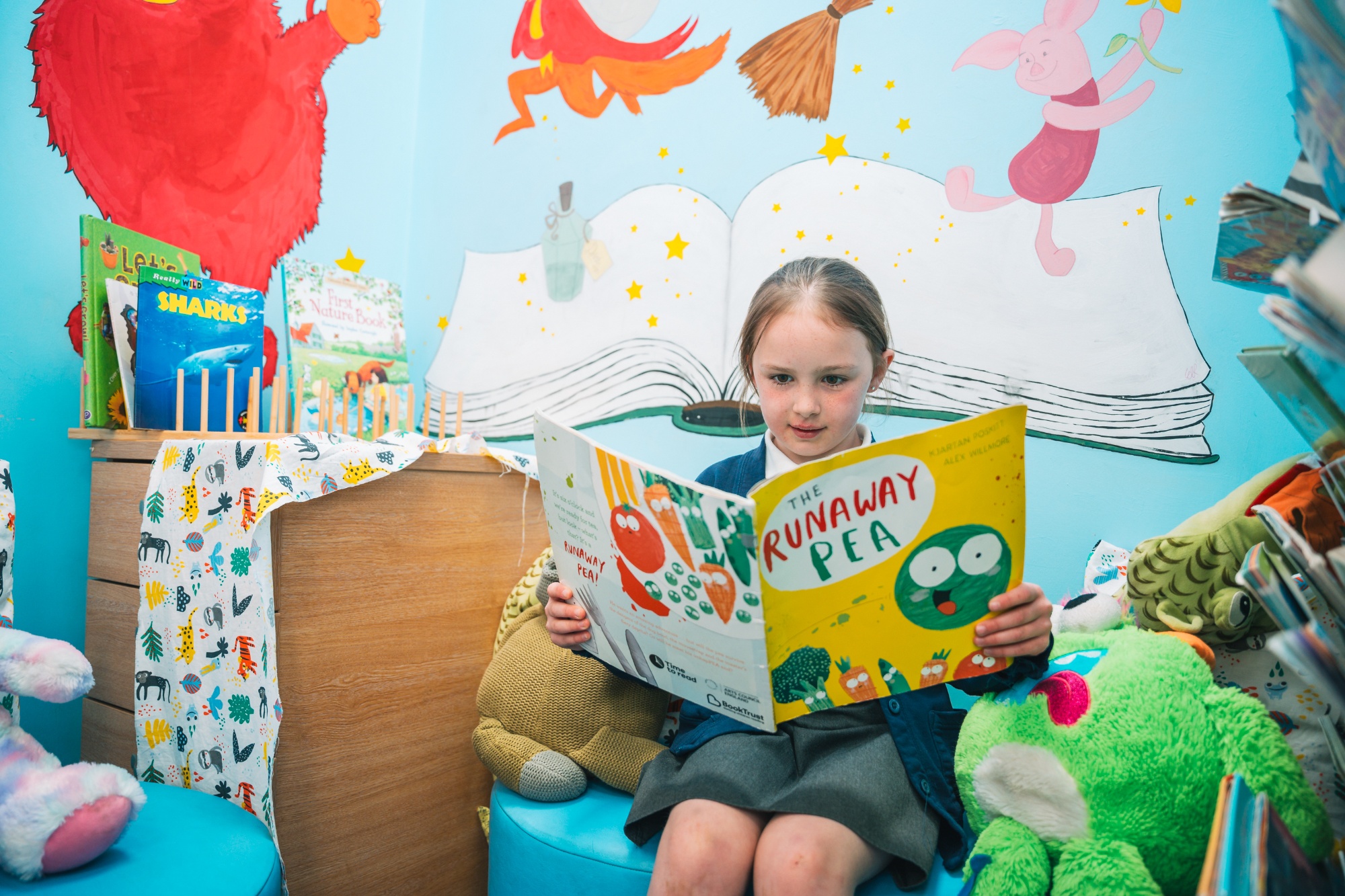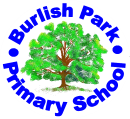English
 Burlish Park Primary School
Burlish Park Primary School
English
Intent, Implementation and Impact
Intent
Children at Burlish Park Primary will have a strong phonic knowledge which they will be able to use to decode and blend enabling them to read. They will be able to read fluently and demonstrate good comprehension skills. Children will appreciate how wonderful books are and how much knowledge and pleasure can be gained from them. Our school library will be a hub of activity for our school providing a large range of quality resources. Classrooms will have a selection of quality reading books to share for pleasure and to develop children’s independent reading. Burlish Park Primary will teach children the necessary spelling, grammar and punctuation to enable them to write for a range of audiences and purposes.
Implementation
At Burlish Park Primary, English lessons are taught in mixed ability classes. A range of quality texts are used as models for children’s learning. The sequences ensure skill progression within English and lead to a final learning outcome. The sequences are mapped out across the whole school year to ensure coverage of all National Curriculum objectives.
Phonics in both Early Years and KS1 comprise of daily 30 minute sessions focusing on grapheme and phoneme correspondence and reading sound symbols. Children are regularly assessed and grouped by attainment, a child will work in a group that best matches their developing phonic knowledge. Read Write Inc is the starting point for planning. Children are provided with individual reading books which are closely matched to their phonic knowledge. Phonic interventions are actioned quickly to close any gaps. Interventions are in place for lower achieving children. Group reading sessions take place in Early Years and KS1. Children read in small groups with an adult and build their comprehension skills through discussion and questioning. In KS2, Accelerated Reading is used to test the comprehension and vocabulary skills of the children and monitor how this is developing. The skill of comprehension is rigorously monitored via short tests (KS2) and question and answer sessions (EY/KS1).
We teach writing skills so that our children have the skills and stamina to write at the expected standard. Writing standards are agreed through regular moderation both in school and externally. Our children complete half termly writing tasks to aid with moderation.
We encourage the children to see themselves as authors and provide varied and exciting opportunities for writing for purpose, linked to the high quality texts used in in our whole class English lessons.
In KS1, learning to correctly spell words is closely linked to the sounds they are learning in RWInc. In KS2, children learn spelling rules for their year group. All children have weekly spelling tests.
Letter formation is taught as an integral part of the children’s phonics lessons in Reception. They are taught to write the letters as they are taught to read them. Children then follow the ‘Nelson Handwriting’ scheme throughout KS1 and KS2.
High standards of the application of English skills in other subjects are expected. Teachers provide more opportunities across the curriculum to apply the skills learnt in English.
Impact
Children at Burlish Park Primary will have a love of reading and writing, becoming readers and authors of the future. The will appreciate the wide and varied magical worlds that reading opens up to them. As they develop their own interest in books, a deep love of literature across a range of genres, cultures and styles will be enhanced. They will have all the required skills for their age in both reading and writing enabling them to participate fully in the curriculum.
